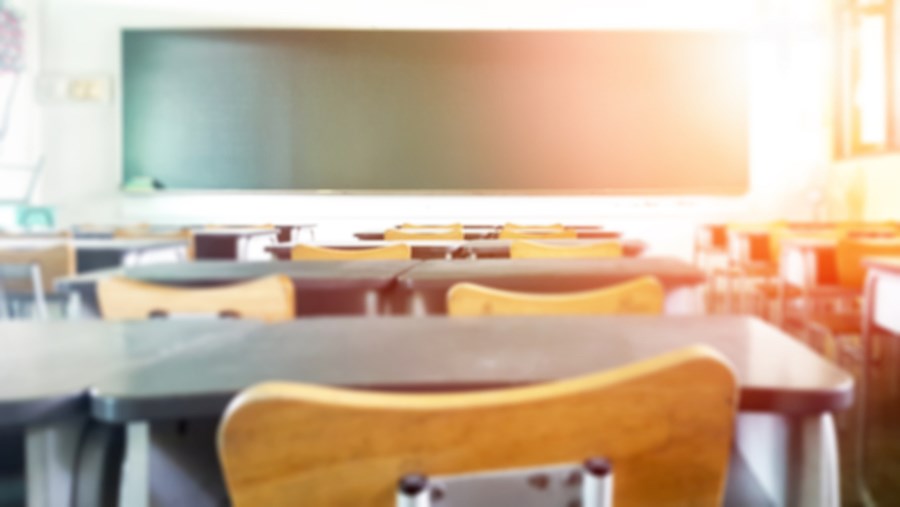When school starts on September 8, 2020 across British Columbia, most students in grades K-12 will be taking part in full-time in-class learning.
Education Minister Rob Fleming announced July 29 that the province will move into its "Stage 2" of the B.C. Education Restart Plan.
Fleming pointed out that March Break was Stage 5, followed by the fully-distanced model of Stage 4 from April through the end of May, with a brief period in Stage 3 in June. The latter found students able to return to in-class learning voluntarily, with disancing measures in place.
Provincial Health Officer Dr. Bonnie Henry explained that Stage 2 will find students in cohort, or "Learning Groups." Those groups will be created at each school, and will serve to limit contact on campus and to make contact tracing more manageable, should there by a COVID-19 outbreak. For elementary students, those groups will be of about 60 students, while high school student cohorts will be about 120 students. However, Henry stressed that group members will not all be in the same indoor room at the same time, nor will they have contact with each person in the cohort every day.
The Learning Groups will keep students in grade-specific cohorts that will not all share one classroom, but will share time on the playground, and elsewhere on campus at select times.
Staff and students (or their parents/guardians) must also assess themselves daily for symptoms of COVID-19. If any student or staff member has even mild symptoms, arrangements will be made for that person to return home.
All boards of education and independent school authorities will continue to be required to implement a suite of health and safety measures to reduce the risk of COVID-19 transmission, following the recently updated guidelines from the BC Centre for Disease Control.
Schools will also be supported with increased access to technology, as well as hand sanitizing stations and reusable face masks.
Masks will not be mandatory across the board, but will be recommended in some situations. In those cases, masks will be made available through funding from the province.
Should there be a significant increase in cases across the province, the Ministry of Education and Dr. Henry will return schools to a higher Stage on the plan.
"We know how important it is for children to be back in school – to both support their emotional and mental health and their ability to socialize and to learn,” said Dr. Henry. “Being back in school is also crucial to support many parents in being able to work, but we must do it safely. We ask for families and workplaces to continue to be flexible as we come into the fall. We’ve put a lot of thoughtful work and consideration into reopening schools this fall and in making sure we’re supporting children in ways that keep them, the people who teach them and our communities safe.”
“The classroom is an essential part of a child’s social, academic and mental development, and that’s why we are working hard to ensure students can safely spend the next school year with their teachers and classmates,” said Fleming. “We were the only jurisdiction in Canada that brought students back into the classroom provincewide before the end of the school year and this has given us valuable information that we are using to develop our plans, ensuring health and safety at schools remain paramount.”
Families can expect to hear from their school district or independent school throughout the summer with updated health and safety guidelines for elementary, middle and secondary schools, as well as learning groups, schedules, enrolment and registration information with the final details being submitted to the ministry and posted online by the districts on Aug. 26, 2020.
“The safety of students and staff is paramount and government will continue to make science-based decisions, following the expert advice of Dr. Henry and her public health team,” Fleming said.



